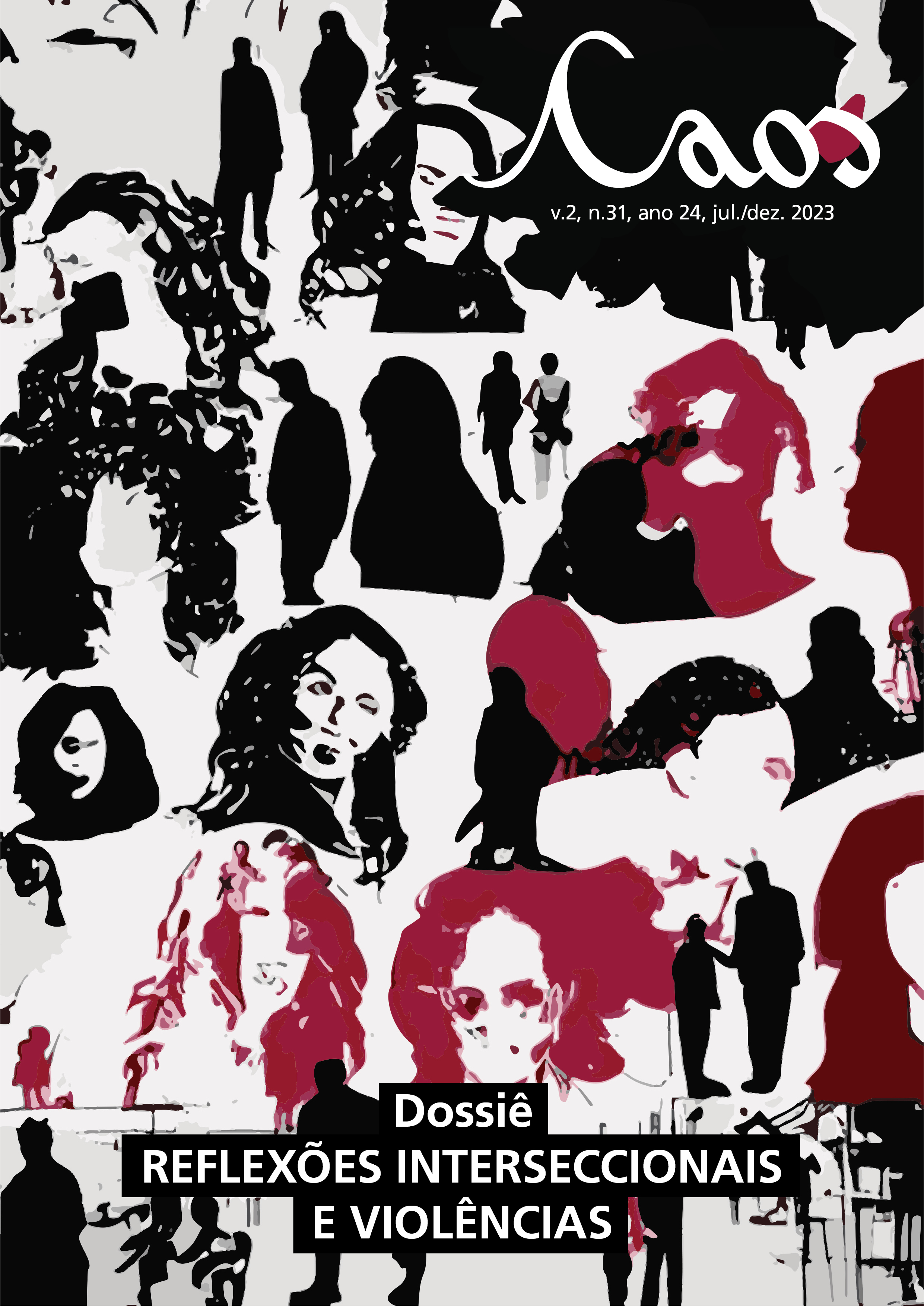SOCIAL RESPONSIBILITY IN HIGHER EDUCATION INSTITUTIONS FROM THE PERSPECTIVE OF THE URSULA RSU MODEL: an approach centered on participatory evaluation
DOI:
https://doi.org/10.46906/caos.n31.67362.p316-336Keywords:
social commitment, sustainable development goals, participant centered evaluation, university.Abstract
University Social Responsibility (USR) is a theme that has gained space and become relevant in debates about the role of higher education institutions in promoting actions that contribute to the development of society in multiple aspects. There are models in the literature that seek to guide institutions in the task of putting social responsibility into action. This article aims to discuss university social responsibility based on the model published by the Latin American University Social Responsibility Union (URSULA), which has an institutional self-diagnosis methodology aligned with the 17 Sustainable Development Goals of the United Nations Organizations (SDGs), understanding it as a method that focuses on participatory evaluation. Pervading the understanding of university social responsibility not as a social commitment, but rather as an obligation, where the accountability of the responsible subject is required, who must be questioned and held accountable for their attitudes, addressing the concept and importance of university social responsibility, presenting the model and discussing participant-centered assessment. To this end, bibliographical research on the topic was carried out on the basis of accessible scientific publications and documentary sources such as reports and manuals. It was concluded that, despite being new, the model emphasizes sustainability and the internal and external relations of institutions and its focus on participatory evaluation allows the institution to develop throughout the evaluation and when institutions propose to adopt it, they reveal their commitment to improving its dynamics, analyzing points to be improved and enhancing transformations in institutional strategies and policies.
Downloads
Metrics
Published
Issue
Section
License
Copyright (c) 2023 Analouise Santos de Melo, Rosineide Pereira Mubarack Garcia

This work is licensed under a Creative Commons Attribution-NonCommercial 4.0 International License.
A Caos é regida por uma Licença da Creative Commons (CC): CC BY-NC 4.0, aplicada a revistas eletrônicas, com a qual os autores declaram concordar ao fazer a submissão. Os autores retêm os direitos autorais e os de publicação completos.
Segundo essa licença, os autores são os detentores dos direitos autorais (copyright) de seus textos, e concedem direitos de uso para outros, podendo qualquer usuário copiar e redistribuir o material em qualquer suporte ou formato, remixar, transformar e criar a partir do material, ou usá-lo de qualquer outro propósito lícito, observando os seguintes termos: (a) atribuição – o usuário deve atribuir o devido crédito, fornecer um link para a licença, e indicar se foram feitas alterações. Os usos podem ocorrer de qualquer forma razoável, mas não de uma forma que sugira haver o apoio ou aprovação do licenciante; (b) NãoComercial – o material não pode ser usado para fins comerciais; (c) sem restrições adicionais – os usuários não podem aplicar termos jurídicos ou medidas de caráter tecnológico que restrinjam legalmente outros de fazerem algo que a licença permita.
Recomendamos aos autores que, antes de submeterem os manuscritos, acessem os termos completos da licença (clique aqui).
















